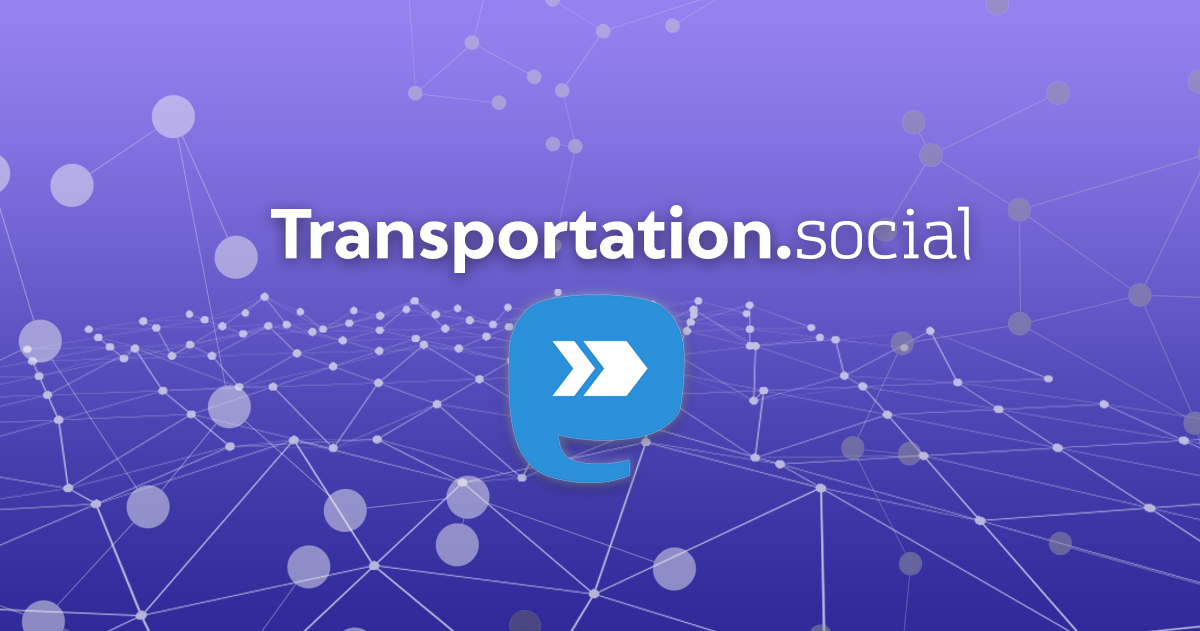When policy makers claim their policies are "data-driven" what they mean is "I either don't acknowledge, understand, or care how the biases embedded in my judgments about what constitutes 'data' and in how data should be collected, analyzed, and interpreted affect outcomes."
@DrTCombs + “I could afford to pay people to collect the data I want and if you question it, particularly if you are of some marginalized status, I will gaslight and humiliate you with accusations of being emotional, irrational, and perhaps even hysterical. Others will support me because they want to be on the side of the almighty data, rationality, and patriarchy.”
@DrTCombs I’ve started to use the term data-informed but always be ready to back it up with a technical note on what data we used (including the limitations of the data) and how we used it to inform our decisions.
@elipousson I'm much more comfortable with the 'data informed' framing. It's exactly as you say -- you use data, but you understand its limitations and ultimately must use your judgment in how you apply the data.
@DrTCombs “Data driven” also really elides the agency of policy makers. In both transportation and public safety, folks use it as cover for what are truly harmful policy decisions.
@elipousson @DrTCombs Cars don’t need to flow unimpeded down a highway. Data can tell you how many lanes you need for a certain number of cars to flow freely. It can’t tell you whether you should allow them to.
@elipousson
This!!

@DrTCombs sounds like you mean "American"? 😜